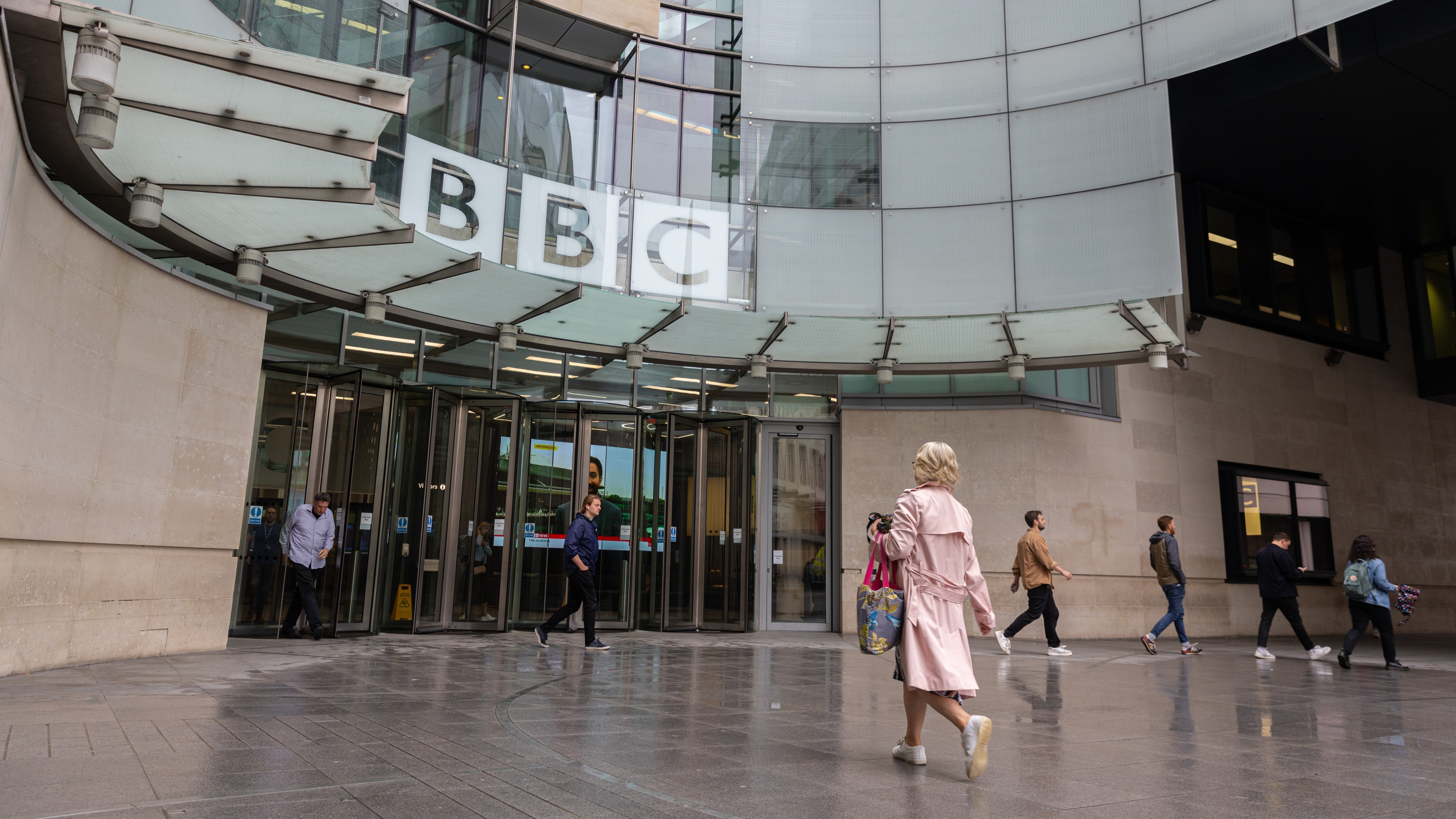ScreenSkills is partnering with the TV Access Project (TAP) to exclusively host training resources for disability inclusion in the UK screen industries, through organisations committing to certain measures to improve standards for deaf, disabled and neurodivergent talent.
Officially launched in August 2022, the TV Access Project (TAP) is an alliance of the UK’s biggest broadcasters and streamers who have pledged to work together to create a substantive and permanent structural shift in current access in the industry.

TAP has produced guidelines for disability inclusion in the UK television production industry called The 5 As: Anticipate, Ask, Assess, Adjust, Advocate. This includes a series of free accessible videos which training organisations can use within their own courses and workshops to highlight best practice.
The TV Access Project is an alliance of 10 of the UK’s biggest broadcasters and streamers who have pledged to work together. The Screenskills partnership aims to reach the shared vision to see full inclusion in the television industry by 2030, where no disabled talent is ever excluded because barriers have been removed and equity created.
Heloise Beaton, Project Lead for the TV Access Project, said of the 5As: “I’ve worked with ScreenSkills in the past to deliver training around disability inclusion in the screen industry and it’s affirming when you’re working with a group who are tackling a new subject, challenging previously held ideas, and leave enthused to put new processes in place.
“Training is also an essential part of our industry, where there is such value in skill sharing and supporting upcoming talent, pulling from our own experiences and expertise.”
The standards reflect a collective responsibility to radically change the culture and practices of the TV industry, and have been drawn up by professionals from across the industry with lived experience and specialist expertise of disability. Members and partners of the TV Access Project have committed to embedding the 5 As across their organisations.
Beaton added: “Accessibility and inclusion shouldn’t be reserved solely for training sessions dedicated to accessibility and inclusion. It permeates every role, skill and department, and is the responsibility of all of us to ensure equity in the screen industries. At The TV Access Project, we want to support trainers to confidently embed conversations about accessibility into their training sessions, and that’s why we have worked with ScreenSkills to develop and launch the 5As training materials.”
The resources are available now to support organisations in advocating for disabled talent.

Stephen Nuttall unveiled as new Chair of IBC’s Partnership Board
Stephen Nuttall has been appointed as the new Chair of IBC’s Partnership Board. Made up of representatives from each of the six partner organisations which own IBC (IABM, IEEE, IET, RTS, SCTE and SMPTE), the IBC Partnership Board provides the governance and strategic oversight of IBC.

Saleha Williams appointed CEO of IABM
Saleha Williams has been appointed as the Chief Executive Officer (CEO) of IABM.

Comcast sets leadership team for ‘SpinCo’ cable unit
US media and telco giant Comcast has unveiled the leadership team for SpinCo as it prepares to spin off its cable television portfolio later in the year.

Labour exploring ‘alternative funding options’ to BBC licence fee
UK Culture Secretary Lisa Nandy is reportedly considering scrapping the BBC licence fee at the end of the Corporation's current charter in December 2027.

BBC Director-General Tim Davie to head Creative Cities Convention speakers
BBC Director-General Tim Davie has been lined up as one of the key speakers at this year’s Creative Cities Convention, being held from May 7–8 in Bradford as part of its UK City of Culture 2025 celebrations.



